UV Treatment: The Solution for Unhealthy Bacteria in Your Water
Municipal water supplies are tested and sanitized for health and safety reasons on a routine basis, typically using the chemicals chlorine or chloramine as a disinfectant – in many cases using them in rotation. The use of chlorinating products for sterilizing water supplies is now an accepted practice that has virtually eliminated unhealthy germs and bacteria from breeding in the water that’s delivered to homes around the Denver-Boulder metro area. However, in areas where private wells are being used, the disinfecting qualities of these chemicals are frequently not provided. Under certain conditions, this can contribute to the growth of unhealthy bacteria in a home’s water supply.
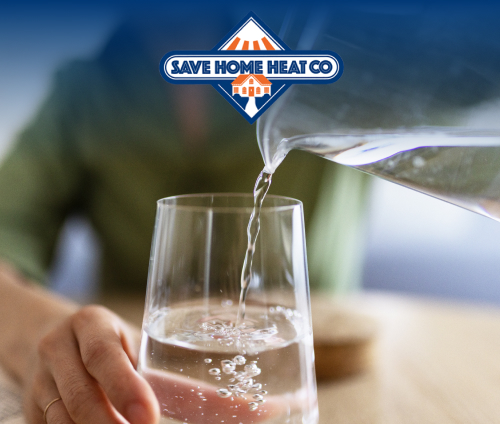
In this post, we’ll introduce ultraviolet (UV) water sanitizers and the role they play in protecting your water against bacteria such as coliforms and E. coli. Whether you live in the nearby foothills or in a more rural Boulder-Denver area setting, if you are served by a private well, or if unusual conditions have been identified, it makes sense to learn about UV water treatment and the health benefits it can provide.
In metro Denver, where municipal water supplies are closely managed, UV filters may be a bit of a luxury, and our team does not jump to recommend them in these cases. However, the knowledge is still helpful – please feel free to make up your own minds!
What Is UV Water Treatment?
Ultraviolet (UV) water treatment is the process of bathing water in high intensity UV light as it passes through an ultraviolet germicidal water purifier. This is often the recommended solution when unhealthy organisms or bacteria have been identified in a home’s water supply, or if conditions are such that growth of these types of germs is highly favorable.
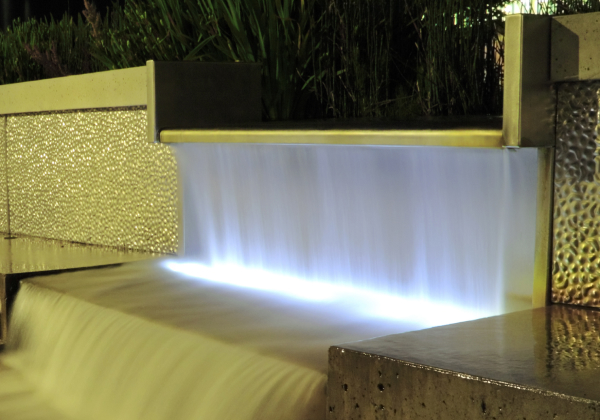
UV treatment is a safer and broader spectrum water sanitizer, compared to chlorine or chloramine. It’s a non-chemical process that is 99.99% effective against a wide range of bacteria, as well as typhoid and cholera viruses and the parasites cryptosporidium and giardia.
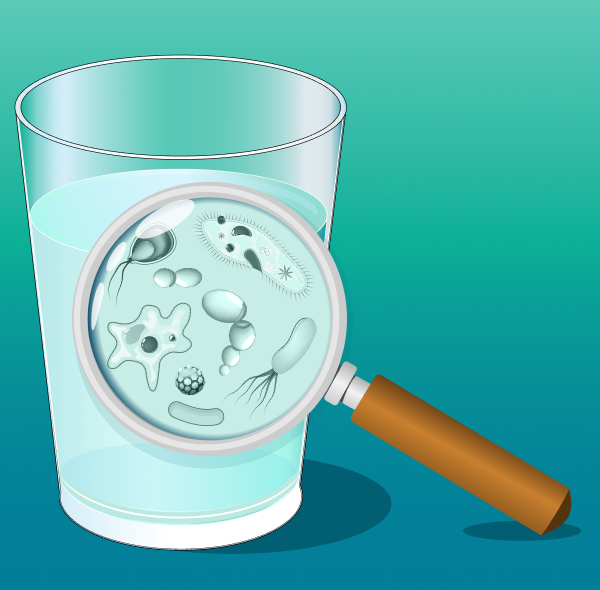
What If Coliform Bacteria Is Found in Your Water?
Coliforms are a group of bacteria often found in human and animal intestines and wastes, comprised primarily of 18 different types of similar bacteria. In many cases, coliform bacteria are not harmful, but if they are present in the water supply, it indicates that other harmful and disease-causing bacteria may have also entered the drinking water supply.
If Coliform Bacteria is Present
As indicated above, the presence of coliform bacteria in your water does not necessarily mean that it is unhealthy to consume. However, it is typically a strong indicator that conditions are at risk of moving in that direction. In essence, the presence of coliforms indicates that a contamination pathway exists between a source of potentially harmful bacteria (surface water, septic system, animal waste, etc.) and the home’s water supply.
Testing & Health Standards for Coliform Bacteria
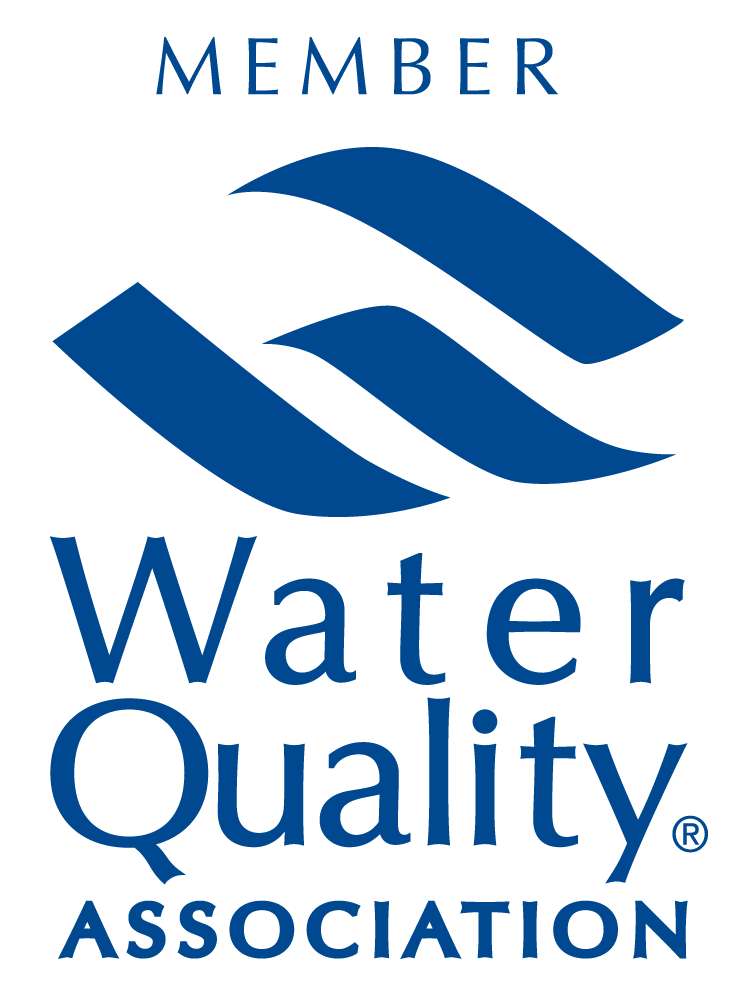
“Total coliform bacteria” is the most common water test performed to check the sanitary quality of a water supply, typically encompassing drinking water. According to the Environmental Protection Agency (EPA), the total coliform test is the basic yardstick for determining the biological quality of a public water supply. Although its presence isn’t a guarantee that the water is unsafe to consume, the EPA has set the Maximum Contaminant Level (MCL) for coliform bacteria at zero. The reason for the EPA’s zero-tolerance approach to coliforms is that there have been serious waterborne disease outbreaks in which researchers found very low levels of coliforms – so any presence of coliform bacteria is considered a potential health hazard.
Potential Health Impacts of Coliforms in Your Water
If disease-causing coliform bacteria are present, the most common symptoms that may result are gastrointestinal upset and general flu-like symptoms such as fever, abdominal cramps, and diarrhea. These symptoms, if any are exhibited, are likely to be more noticeable and potentially severe in children, the elderly, or immunocompromised individuals. In some cases, household residents acquire immunity to waterborne bacteria that are common in their drinking water – but that’s little consolation to visitors.
E. Coli Bacteria and Your Water: What You Should Know
E. coli is a member of the coliform group. It is a fecal bacteria that comes from the intestines of warm-blooded animals. According to the EPA and other health authorities, drinking water with E. coli (Escherichia coli bacteria) present is considered to be an extreme health hazard. It’s noteworthy that the total coliform test shows the difference between E. coli and other types of coliforms. As with most coliform bacteria, as mentioned above, the potential negative health impacts of consuming E. coli in your drinking water pose the greatest risk to children, the elderly, and people with compromised immune systems.
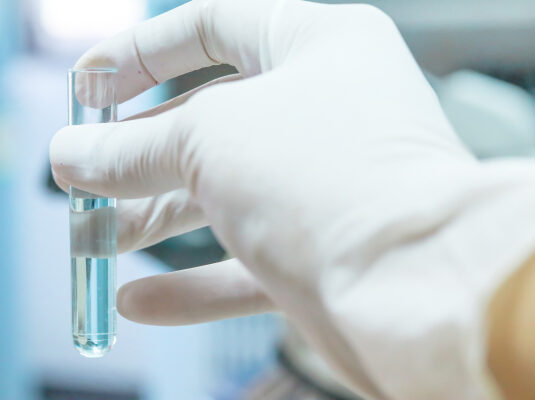
Since the symptoms of drinking water containing harmful coliform bacteria are similar to many other illnesses, knowing if consumed water is the source of the problem is difficult to determine without having the water tested.
If a homeowner receives a failed bacteria test, indicating there is the presence of either coliform or E. coli, the only recommended solution from our water quality team at Save Home Heat is installing a UV water treatment system.
What’s Inside an Ultraviolet Water Filter?
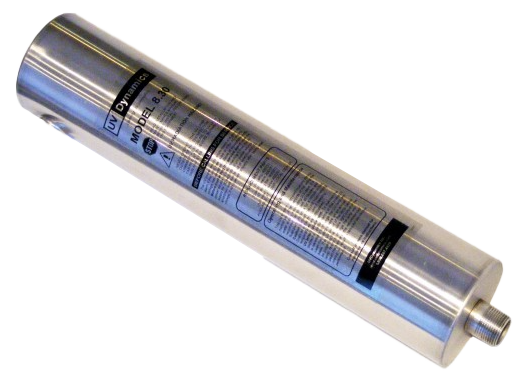 The UV system that our water quality team at Save Home Heat Company installs employs a powerful 254nm (nanometer) wavelength ultraviolet lamp. The lamp (aka. bulb) is installed in a strong, quartz glass sleeve, which is located inside a 304 stainless steel reaction chamber assembly. The unit looks like a long, shiny, metal cylinder with plumbing connections. Depending on the unit, the dimensions are approximately 20” long by 5” in diameter. The unit is installed inline in the flow of water.
The UV system that our water quality team at Save Home Heat Company installs employs a powerful 254nm (nanometer) wavelength ultraviolet lamp. The lamp (aka. bulb) is installed in a strong, quartz glass sleeve, which is located inside a 304 stainless steel reaction chamber assembly. The unit looks like a long, shiny, metal cylinder with plumbing connections. Depending on the unit, the dimensions are approximately 20” long by 5” in diameter. The unit is installed inline in the flow of water.
The unit’s plumbing connections are sized to handle the volume and flow rate of water required for its specific application. During normal operation, water entering the UV filter is sterilized by the UV light and then drawn for household usage.
This product is the most effective and reliable system we offer for bacteria control – and it is available for either point-of-use or whole-house applications.
How UV Water Filters Work
As described above, UV water filters work by neutralizing harmful microorganisms in the water thru the use of high intensity ultraviolet light. The UV light damages the DNA structure of the microorganism so that it can’t multiply or reproduce, preventing it from causing disease.
The Importance of Clear Water for Ultraviolet Water Treatment Effectiveness
The sterilization process in a UV water filter centers on bombarding the water and any microorganisms it may contain with UV light as the water flows through the unit. Inside the UV filter, the ultraviolet light bounces repeatedly off the inside of the polished chamber walls, maximizing UV exposure to the water. In order for the unit to do its job best and most effectively, the water needs to be as clear as possible, which is why all UV systems are installed with a 5µ (micron) particle pre-filter, standard. In many cases, this is adequate.
UV Dosage Standard & Flow Rate Details
The EPA and the National Science Foundation minimum dosage standard for UV treatment of bacterial contamination in all types of water supplies, including city, well, and surface water, is 40 mJ/cm2 (that’s “40 microjoules of energy per square centimeter,” for finer detail fans!). The UV filter that our water treatment team at Save Home Heat uses easily meets this standard, while accommodating flow rates up to 8 gallons-per-minute, far greater than residences in the Boulder-Denver area receive under nearly all conditions.
Routine Maintenance of UV Water Filters
UV water filters are powered-up 24/7, to maximize unit effectiveness and bulb life. Under normal operating conditions, UV light intensity drops off steadily, over time, until effectiveness is no longer within acceptable parameters. Manufacturers typically recommend that the bulb be replaced approximately every 10,000 hours of operation, before the unit’s performance starts dropping off. Having the lamp replaced annually gives you a little cushion and makes it easier to remember and keep up with. (Note: 365 days = 8,760 hours.)
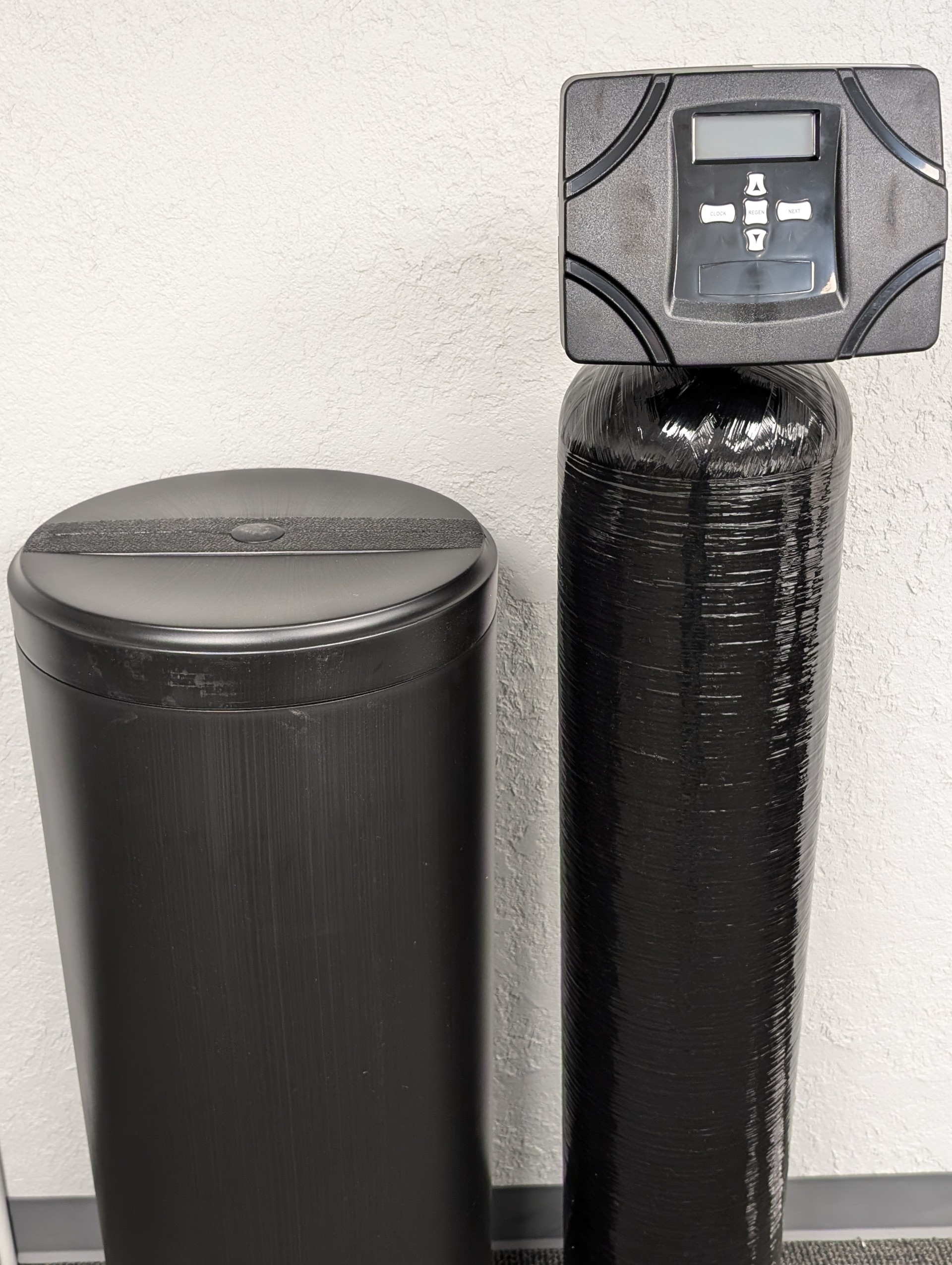
Water Softeners & UV Filters: A Smart Water Quality Team-Up!
In some cases, the 5 micron prefilter isn’t enough to ensure that the water flowing into the UV filter will be clear enough to maximize the effectiveness of the UV light. Water clarity is very important in order to ensure proper performance of a UV system; the water must be free of iron and contain less than 5 GPG of hardness (“grains per gallon,” and nope, we’re not ‘going there’ right now). If these conditions cannot consistently be met employing just the prefilter, that’s when it makes sense to strongly consider adding a water softener to the system. In these circumstances, a water softener will allow your UV system to its job to the best of its ability – while providing other valuable benefits at the same time!
The Carbon Water Filter Bonus!
It bears mentioning that it’s not unusual for a homeowner to combine a UV sanitizer and a water softener with a carbon water filter, for a comprehensive, highly effective home water treatment system.
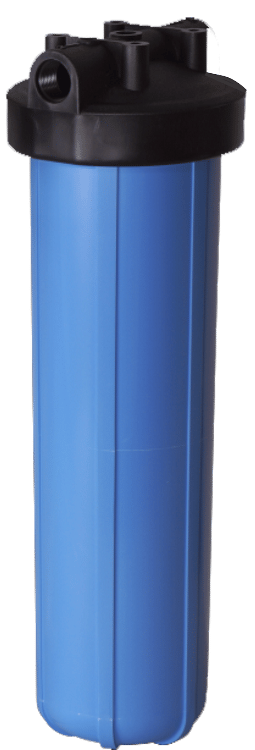
Your Expert Team for UV Water Treatment in the Denver-Boulder Metro Area
Before considering an investment in a water treatment system for your home, the right first step is having your water tested so that you can determine what, if any, water quality issues you should consider addressing. Our team at Save Home Heat has you fully covered, with reliable in-house water testing services, backed up by the resources of state-accredited labs to assist further, if necessary, or if desired. No bottles to mail or forms to download!
To the best of our knowledge, Save Home Heat Company is the only residential plumbing contractor in the Boulder-Denver area with a Water Quality Association certified Master Water Specialist and three licensed Master Plumbers on staff. This translates to assurances of high quality work and peace of mind for our customers.
For more information about UV water filtration, or to employ any of our home plumbing services, please reach out to Save Home Heat today. All installation quotes provided by our team are always highly informative, low-pressure, and free!


